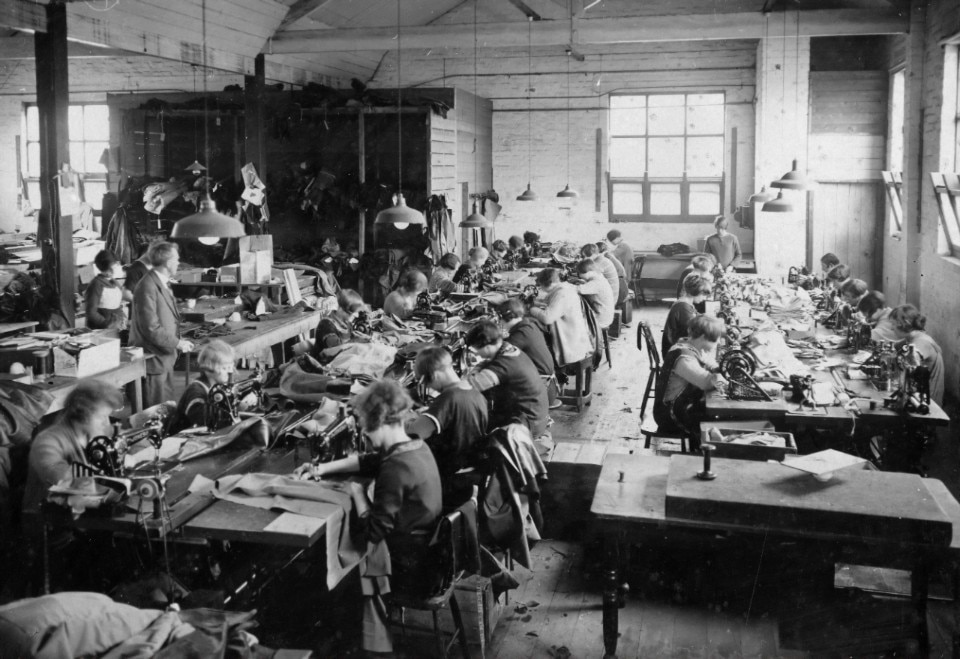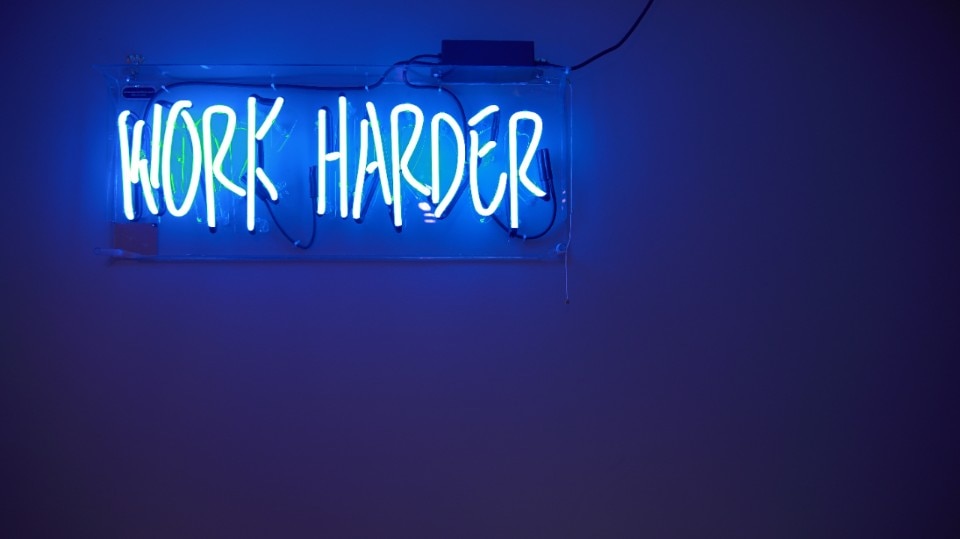Although the anti-Covid vaccination is proceeding at an unthinkable pace in the media there is less and less talk of “back to normal”. Especially for work and the workplace for two reasons related to design: on the one hand because the flexible working imposed by the pandemic has shown not only that individuals and societies adapt faster than previously thought without producing the catastrophes that a whole literature predicted. On the other hand, because digital acceleration has pushed issues that have long been operating in the depths of our globalized society, such as the limits of hyperspecialization, the increase in bureaucratization and above all the social inequalities created by automation. Phenomena that would betray the most important turning point in the history of work in the last ten thousand years.
According to the South African anthropologist James Suzman, who has just published Work, a history how we spend our time, to understand how we will work in the near future it is necessary to go back to what was the lifestyle of homo sapiens for 95% of his history, before the discovery of agriculture 12 thousand years ago. A life that was by no means “ugly, brutal and short”, not least because the men who lived by hunting and gathering rarely worked more than 15 hours a week, thus having the time and energy for what might be called self-care. Instead of living to work, hunter-gatherers worked to live: a concept that would be overturned with the first fields sown that accelerated the invention of the three main institutions on which our economic life is still based today: money, debts and the interest.
In fact, agrarian civilizations began to codify a “design of life” strictly linked to the seasonal calendar that established when to prepare the land, plant, water, weed out, prune, harvest, store, exchange, sell, reinvest. Endlessly.

Obviously, in the resedign of work and therefore of life imposed by the discovery of agriculture and sedentary lifestyle there were also numerous advantages, but among these certainly not the ethics of happiness, which indeed from that moment on man linked directly to time and to fatigue dedicated to work. For Suzman, this state of affairs lasted until the dawn of the industrial revolution, when it was discovered that mechanical engines powered by fossil fuels could do, compared to the weak human engines powered by food, an infinitely greater quantity and often quality of work. It was then that men imagined a future where intelligent machines would free us from the need for hard work and therefore from the ethics associated with it. And they were right because if in ancient times 80 percent of the population was engaged in producing food and basic necessities, today only 5 percent of Europeans work in agriculture but this work is so productive that every year it ends up in landfills. An amount of food equal to that which is consumed. In the pandemic this figure has not changed: throughout America in the months of lock down intelligent machines with very few employees have kept the production of food and everything served to the population intact.
...it is evident that the wave of long-term unemployment produced by the lock down will be overcome only by deep, complete and radical redesign of values and work models...
In the face of all this, instead of being happy to work less by exploring alternative ways to organize the distribution of working life and a productivity never so great, human beings continue to think about how not to be excluded from work and condemn the generations of their children to an existence of continuous retraining destined to lose against technologies supported by artificial intelligence. A demonstration, for Suzman, that the ghost of scarcity is still operating in our individual and social unconscious and work and its practices are still at the center of our life where everything has radically changed also thanks to endogenous shocks such as the pandemic.
This is why design is even more crucial today. Because if the epochs of transformation have always been born from a great crisis - natural or artificial - which has imposed new paradigms and new values, it is evident that the wave of long-term unemployment produced by the lock down will be overcome only by deep, complete and radical redesign of values and work models, of which the smart one is just as much a variant as the hybrid one or the four-day week. Models that until a few years ago were not considered worthy of attention and that instead find themselves suitable for the new normality that is transforming not only the way of working but also of the workplace, on which architects and designers but first of all companies and financial operators will have to.

You have to be aware. The digital acceleration imposed by remote working is only a surface effect. In increasingly automated - capital-intensive economies - human labor will be increasingly marginal, producing as a first effect the amplification of inequalities between rich and poor. Therefore, drastically reducing the possibilities of realizing one's aspirations only through work, which to save us must not be linked to the need to constantly produce but to experiment with new ways of living.
Opening image: photo Jordan Whitfield on Unsplash


